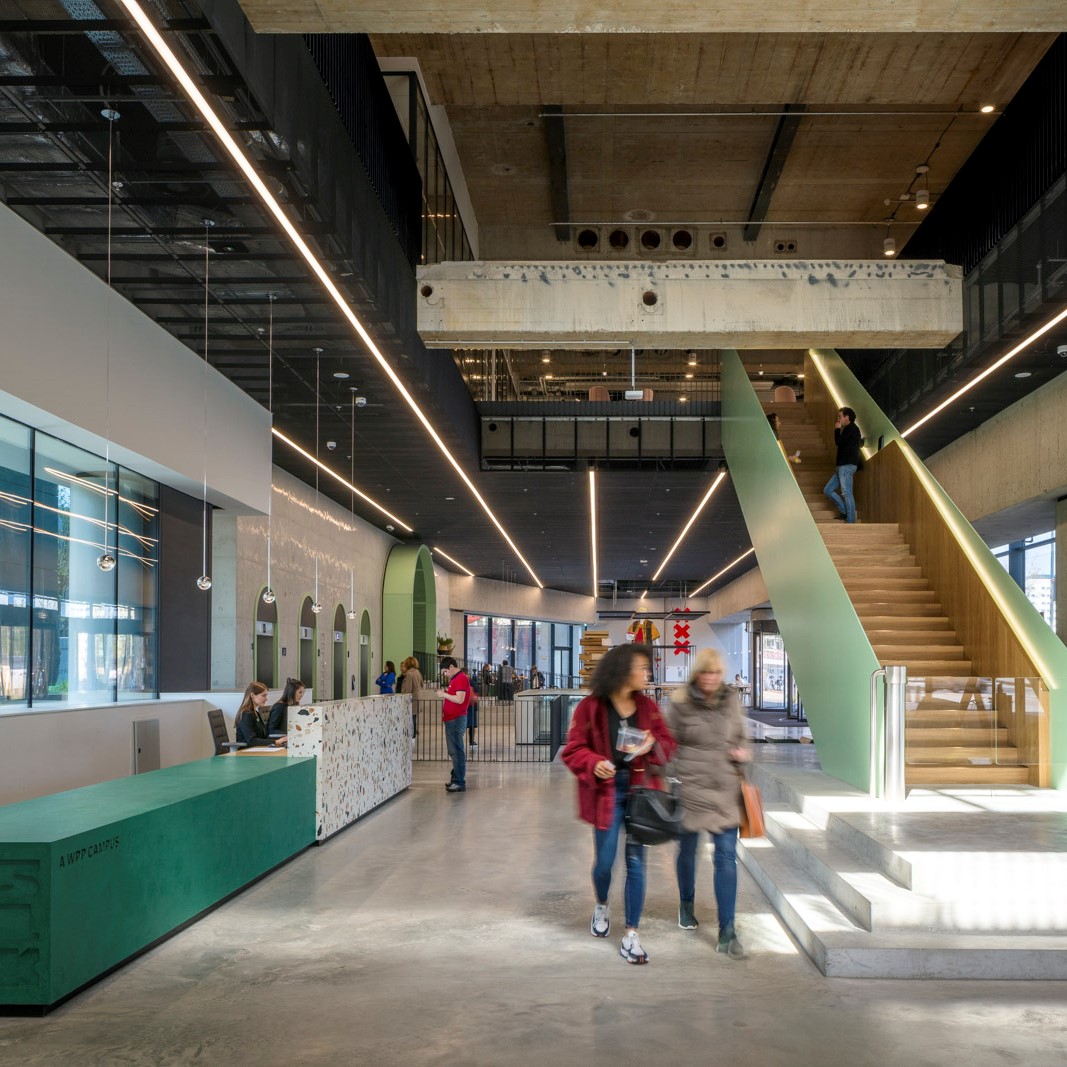July 14, 2019
Sheer volume of data can make marketers blind to strategy
 The vast majority (83 percent) of senior marketers are struggling to adapt to the volume of data available to them, while 80 percent feel the industry as a whole focuses on too many performance metrics, according to a new report from research company Censuswide and Domo. The study polled 681 senior marketers around the world on their opinions, routines and plans for the future. It revealed that analytics, from a vast number of sources, are driving ‘data blindness’ as marketers lose sight of KPIs, and 78 percent of respondents admit to chasing short-term results over long-term strategy. (more…)
The vast majority (83 percent) of senior marketers are struggling to adapt to the volume of data available to them, while 80 percent feel the industry as a whole focuses on too many performance metrics, according to a new report from research company Censuswide and Domo. The study polled 681 senior marketers around the world on their opinions, routines and plans for the future. It revealed that analytics, from a vast number of sources, are driving ‘data blindness’ as marketers lose sight of KPIs, and 78 percent of respondents admit to chasing short-term results over long-term strategy. (more…)























 For decades the trend among workplaces has seen employees moving out of individual offices and into open plan spaces. This has not always been successful, with the open-plan approach
For decades the trend among workplaces has seen employees moving out of individual offices and into open plan spaces. This has not always been successful, with the open-plan approach 













